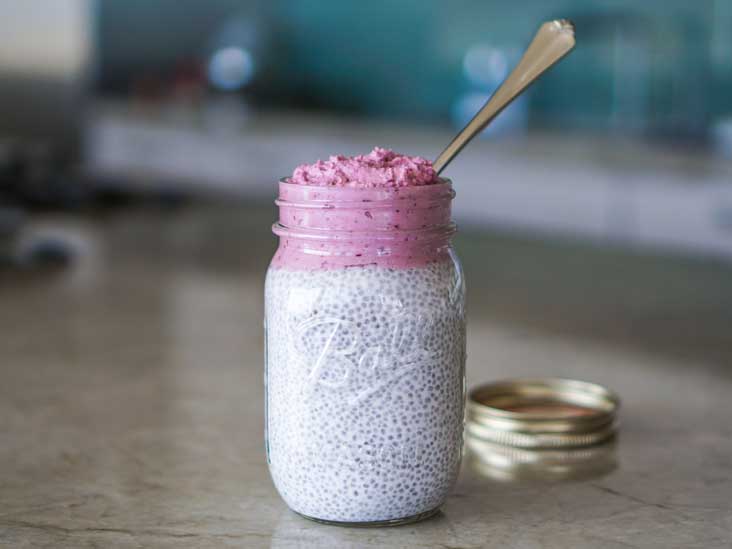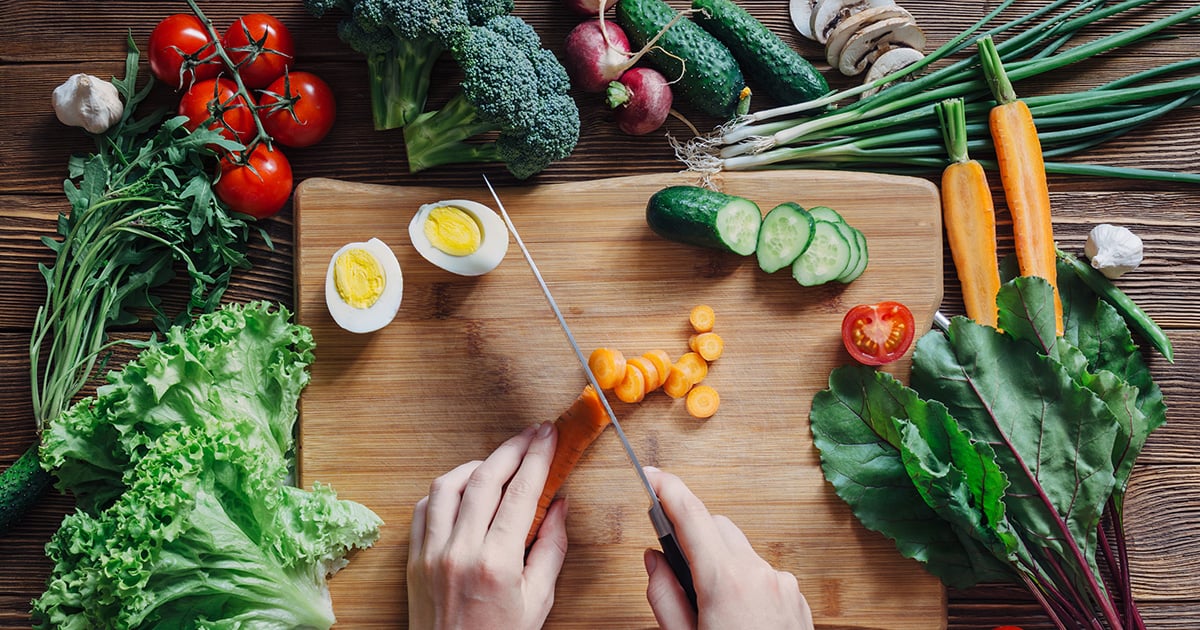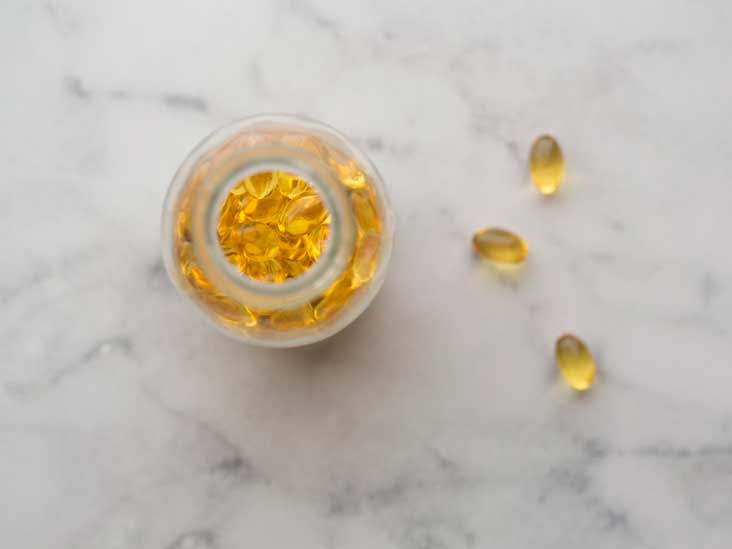Written by Kerri-Ann Jennings, MS, RD and Rachael Link, MS, RD — Medically reviewed by Kim Chin, RD, Nutrition — Updated on November 4, 2021
Calcium is not only the most abundant mineral in the body but also very important for your health.
In fact, it makes up much of your bones and teeth and plays a role in heart health, muscle function, and nerve signaling.
For most adults, it’s recommended to consume at least 1,000 mg of calcium per day, though certain groups require a higher amount, including adolescents, postmenopausal women, and older adults.
Although dairy products like milk, cheese, and yogurt are especially high in calcium, many dairy-free sources of calcium are available.
Here are 15 foods that are rich in calcium, many of which are nondairy.
1. Seeds
Seeds are tiny nutritional powerhouses, and many are high in calcium, including poppy, sesame, celery, and chia seeds.
For instance, 1 tablespoon (9 grams) of poppy seeds packs 127 mg of calcium, or 10% of the recommended Daily Value (DV).
Seeds also deliver protein and healthy fats. For example, chia seeds are rich in plant-based omega-3 fatty acids.
Sesame seeds contain 7% of the DV for calcium in 1 tablespoon (9 grams), plus other minerals, including copper, iron, and manganese.
2. Cheese
Most cheeses are excellent sources of calcium. Parmesan cheese has the most, with 242 mg — or 19% of the DV — per ounce (28 grams).
Softer cheeses tend to have less. For instance, 1 ounce (28 grams) of Brie only delivers 52 mg, or 4% of the DV.
As a bonus, your body absorbs the calcium in dairy products more easily than that from plant sources.
Cheese also delivers protein. Cottage cheese has 23 grams of protein per cup.
What’s more, aged, hard cheeses are naturally low in lactose, making them easier to digest for people with lactose intolerance.
Dairy may have additional health benefits. For example, one review of 31 studies suggests that increased dairy intake may be associated with a lower risk of heart disease.
Another review found that the regular consumption of milk and yogurt was linked to a lower risk of metabolic syndrome, a condition that raises your risk of heart disease, stroke, and type 2 diabetes.
However, keep in mind that full fat cheese can be high in saturated fat and calories. Certain cheeses also contain a lot of sodium, which some people may need to limit.
3. Yogurt
Yogurt is an excellent source of calcium.
Many types of yogurt are also rich in probiotics, a type of beneficial bacteria that can promote immune function, improve heart health, and enhance nutrient absorption.
One cup (245 grams) of plain yogurt contains 23% of the DV for calcium, as well as a hearty dose of phosphorus, potassium, and vitamins B2 and B12.
Low fat yogurt may be even higher in calcium, with 34% of the DV in 1 cup (245 grams).
On the other hand, while Greek yogurt is a great way to get extra protein in your diet, it delivers less calcium than regular yogurt.
In addition to providing a wide array of nutrients, some research also shows that regular consumption of yogurt may be linked to a lower risk of developing heart disease and type 2 diabetes.
4. Sardines and canned salmon
Sardines and canned salmon are loaded with calcium, thanks to their edible bones.
A 3.75-ounce (92-gram) can of sardines packs 27% of the DV, and 3 ounces (85 grams) of canned salmon with bones has 19%.
These oily fish also provide high quality protein and omega-3 fatty acids, which can support the health of your heart, brain, and skin.
While seafood may contain mercury, smaller fish such as sardines have low levels. In addition, both sardines and salmon have high levels of selenium, a mineral that can prevent and reverse mercury toxicity.











